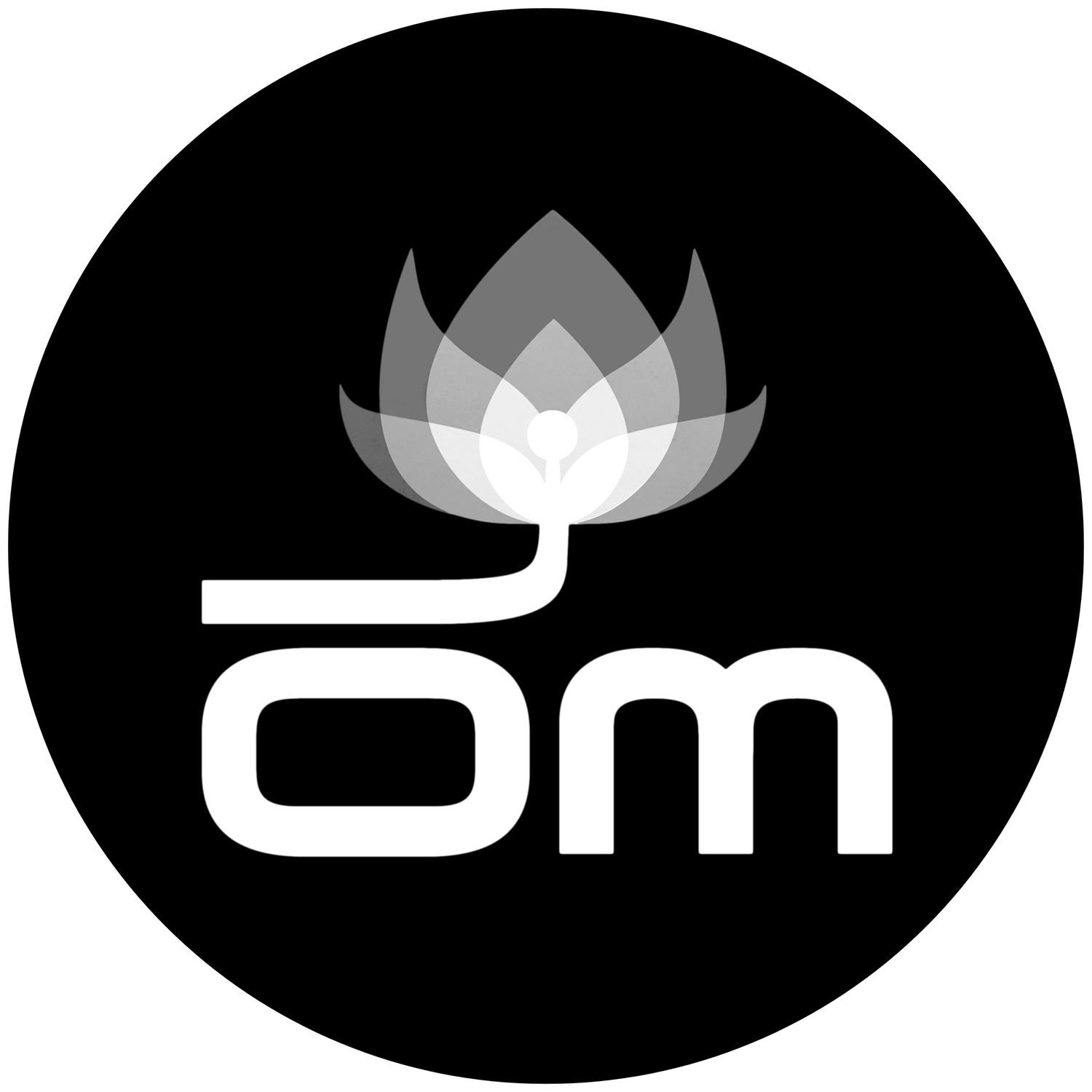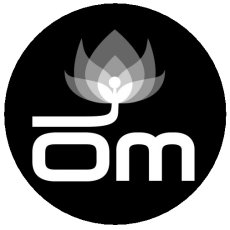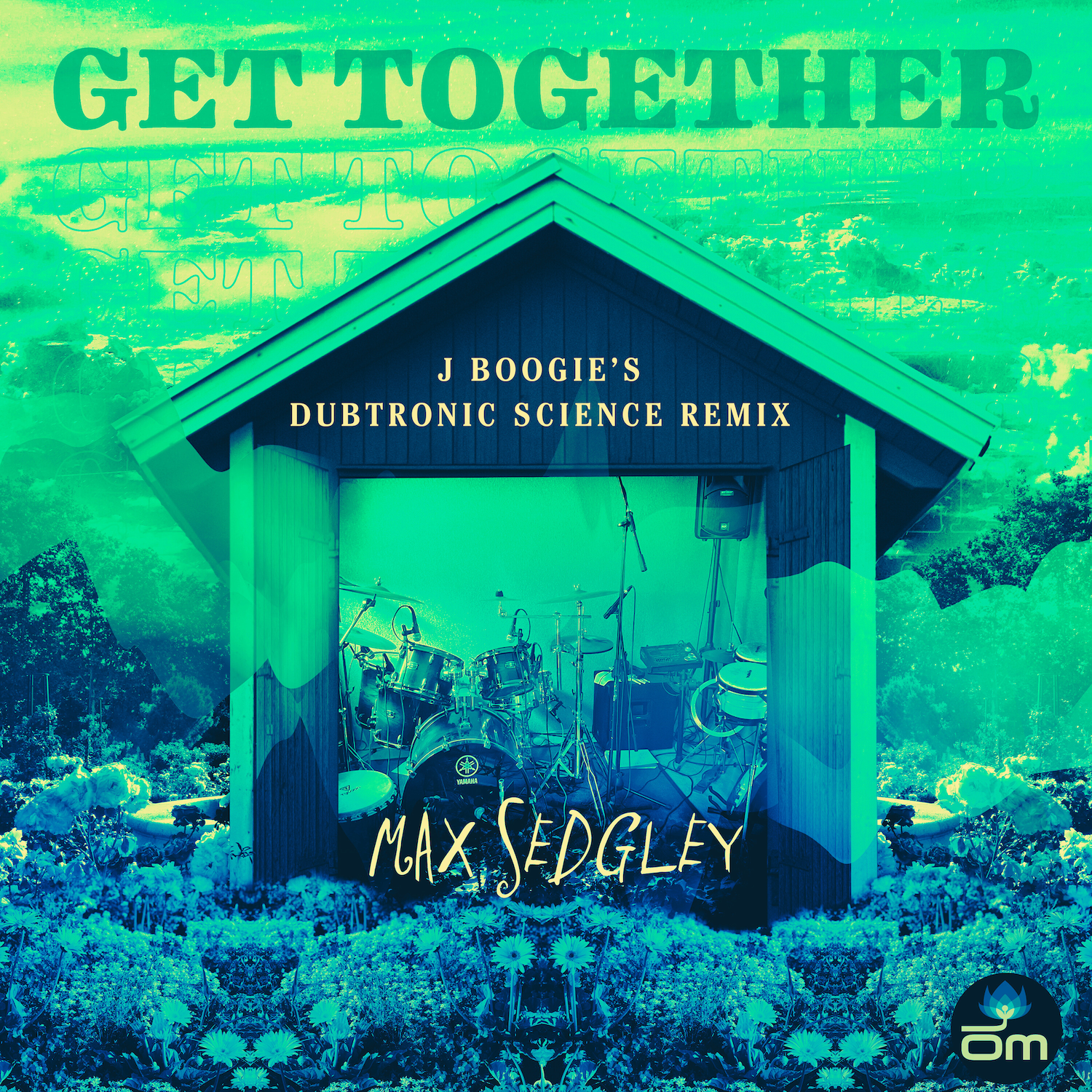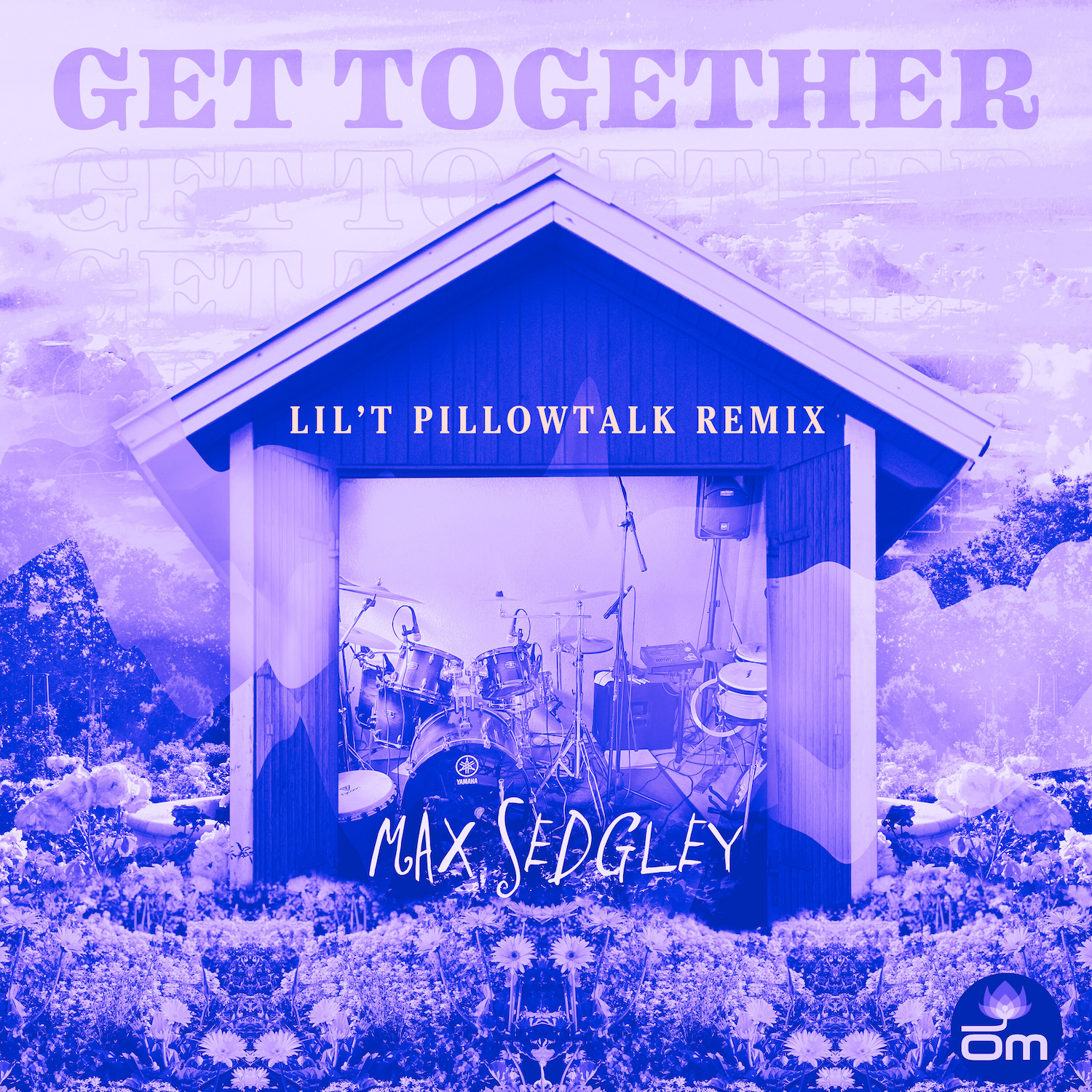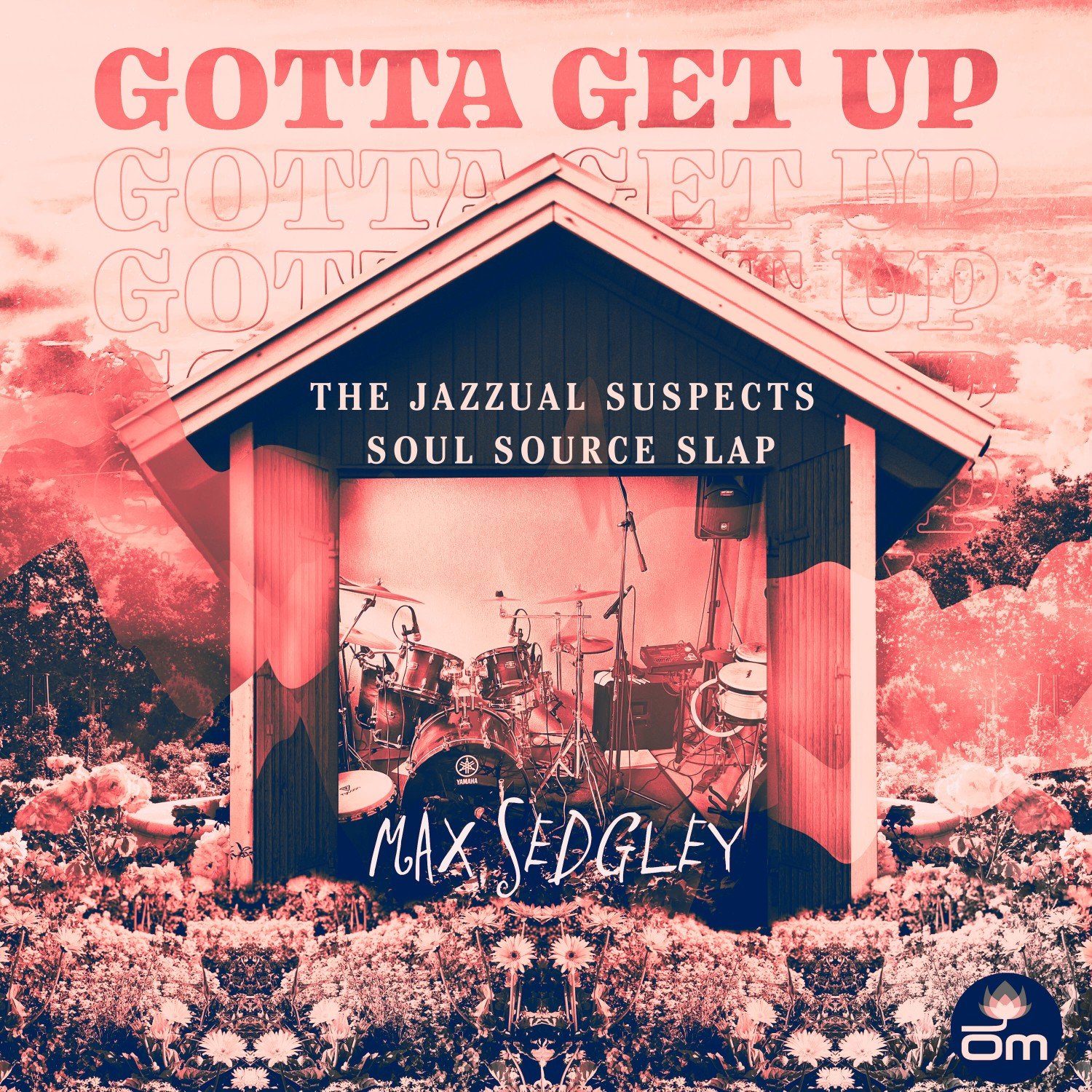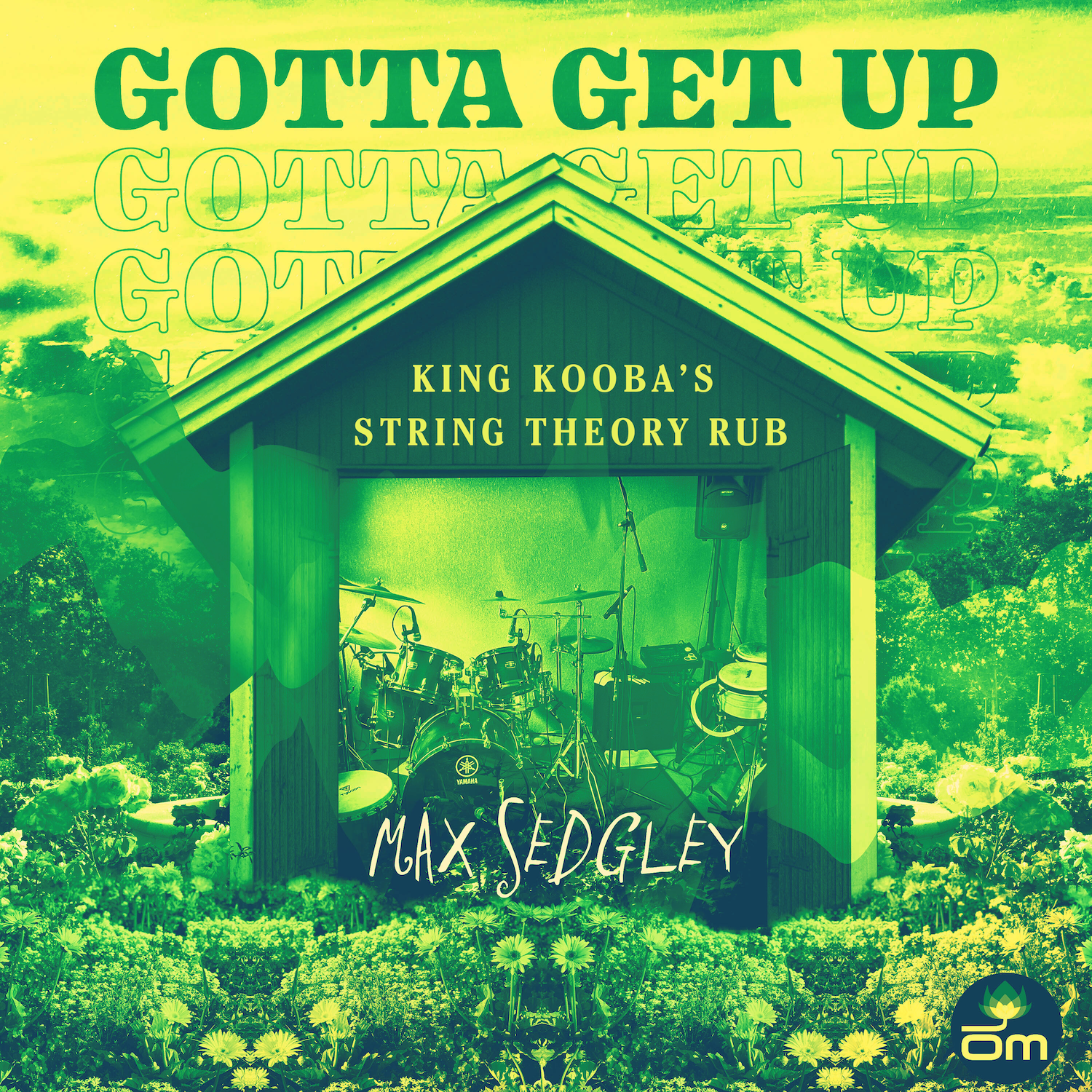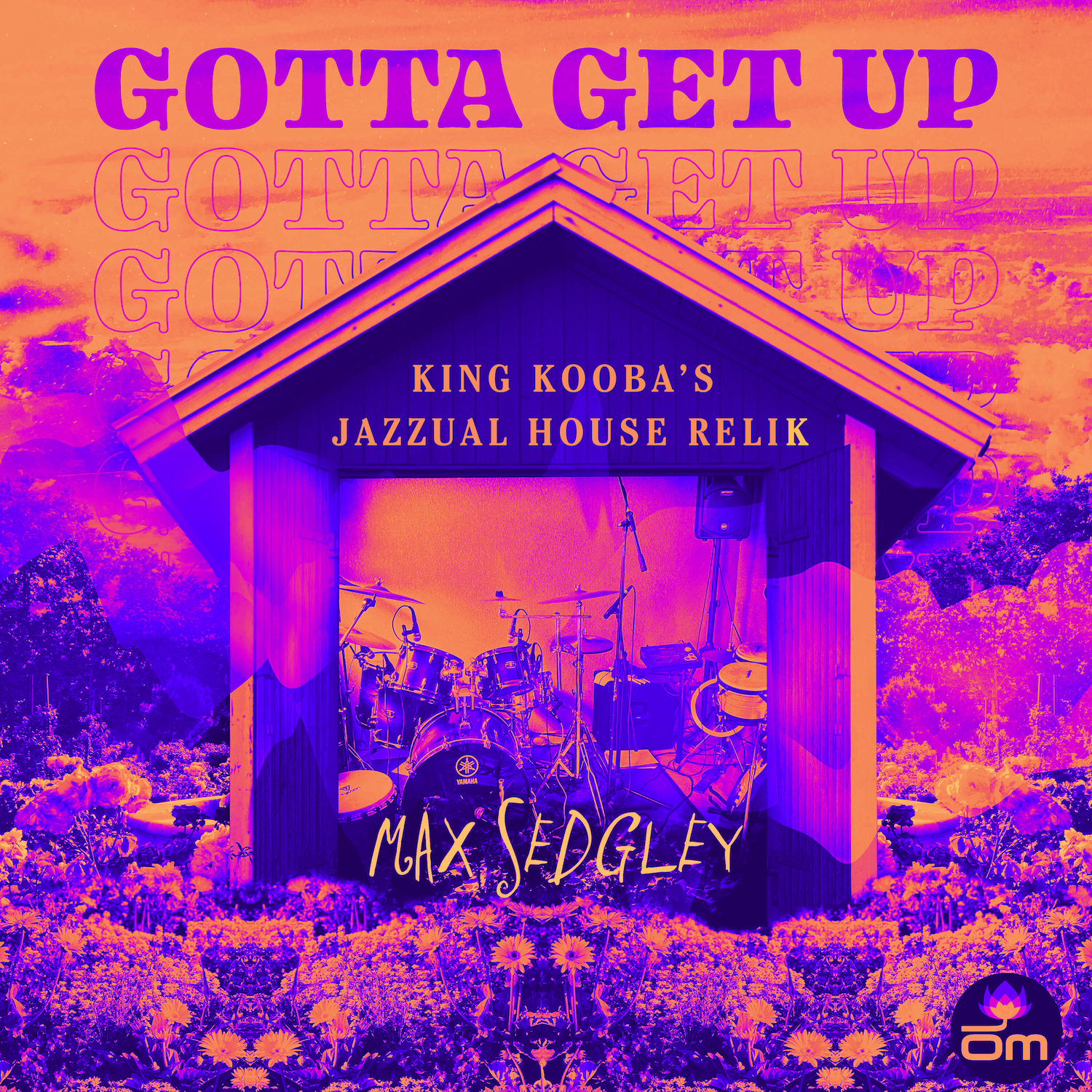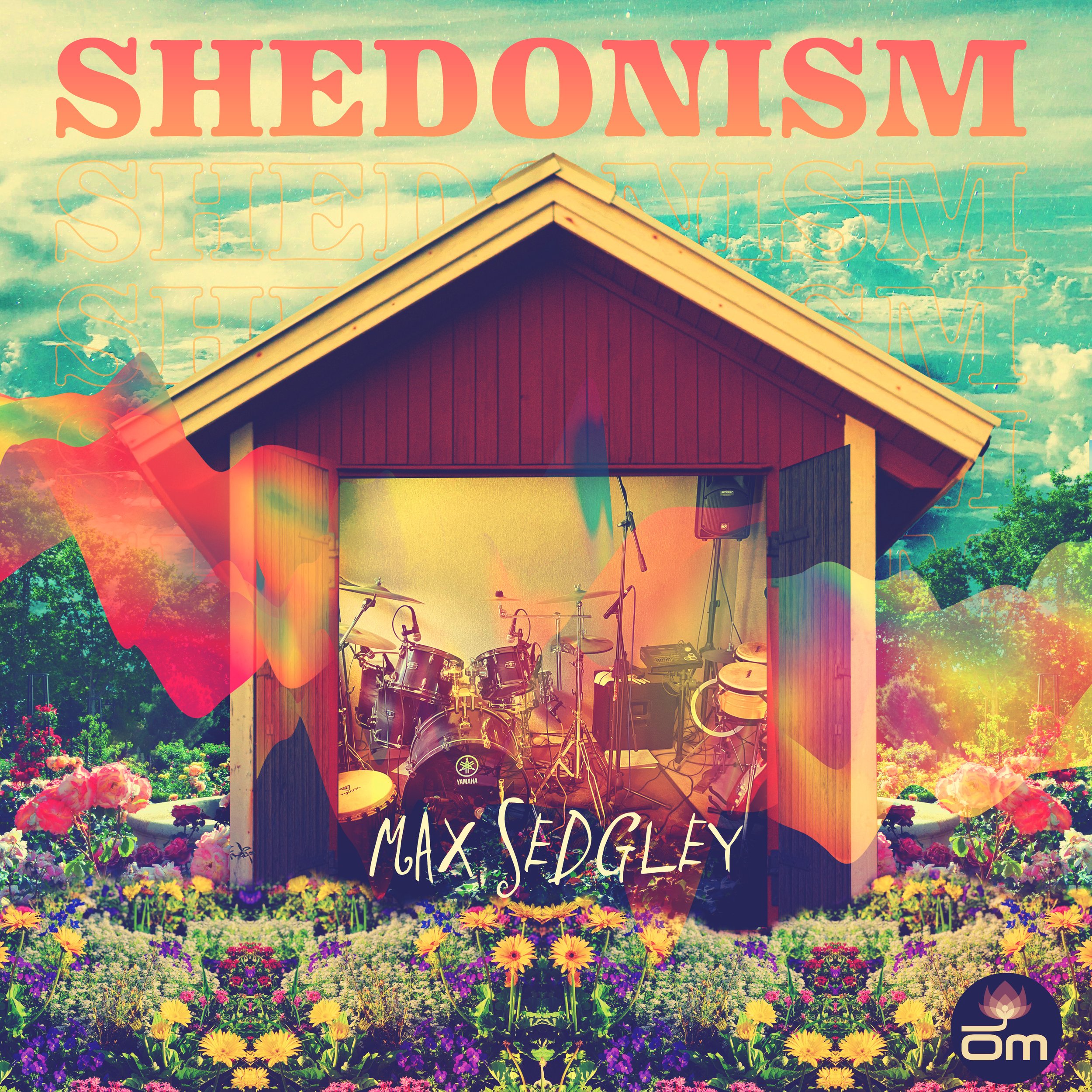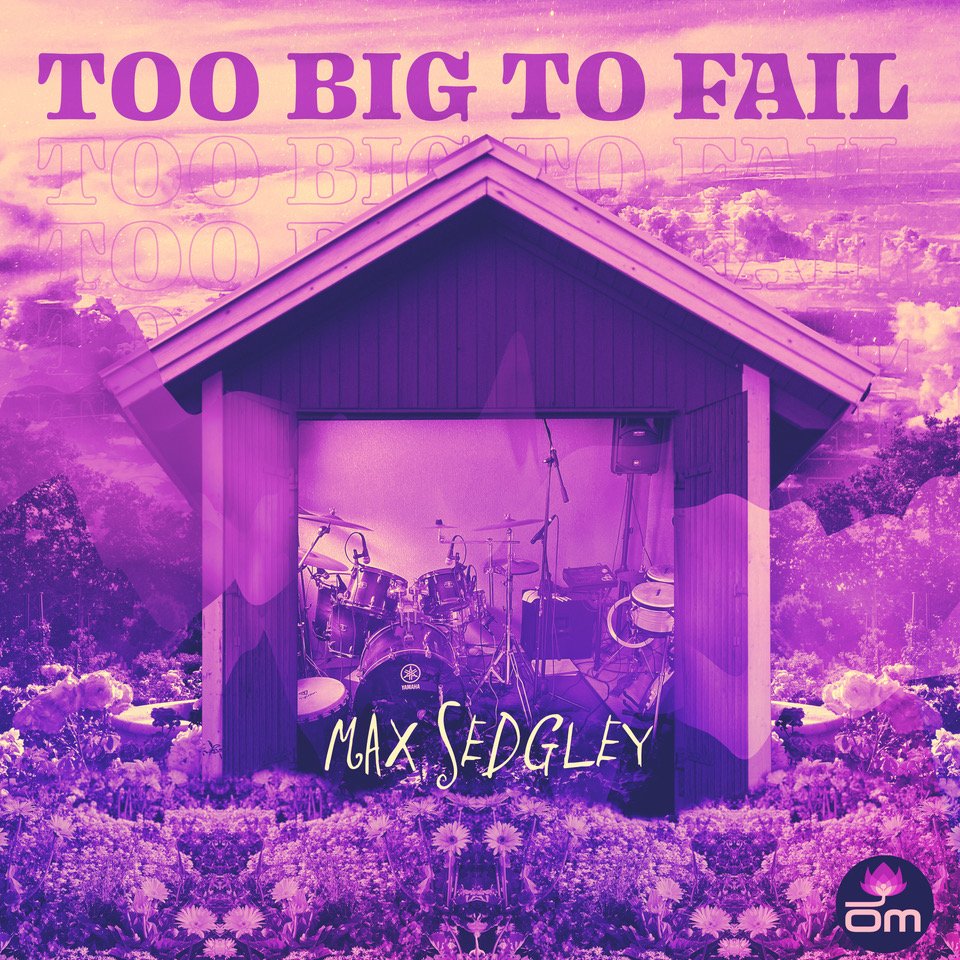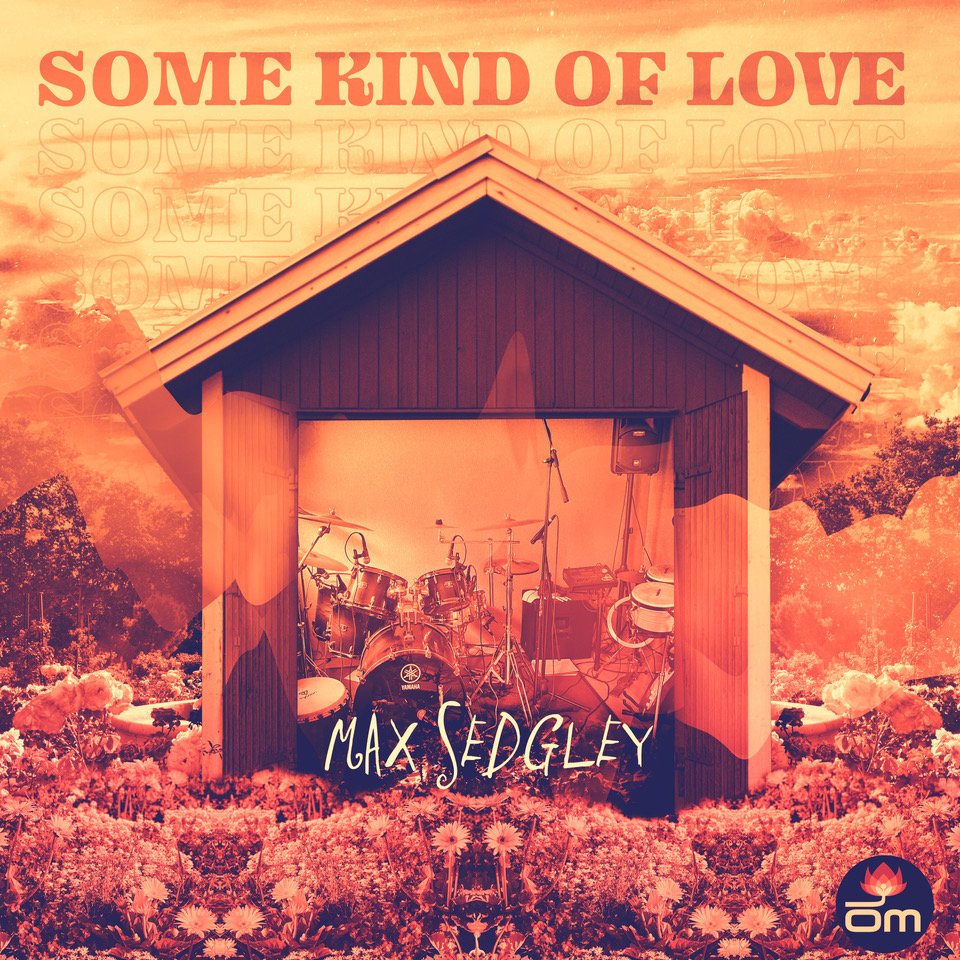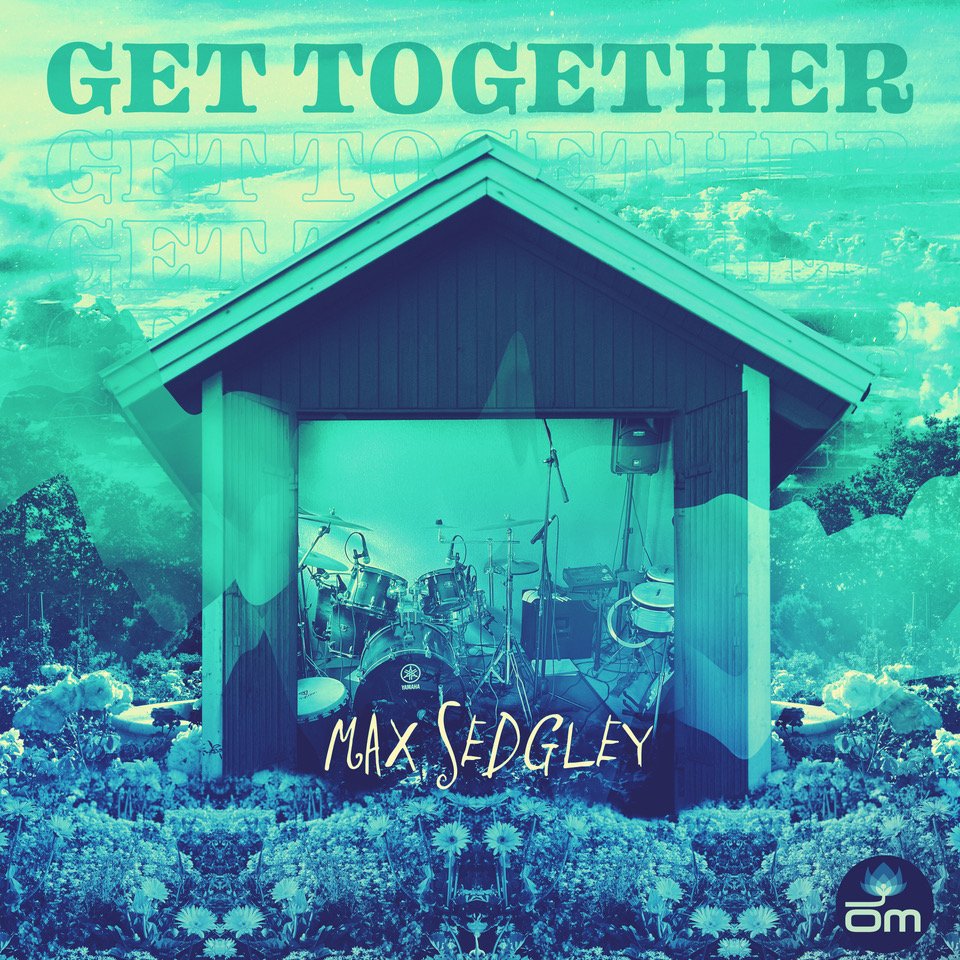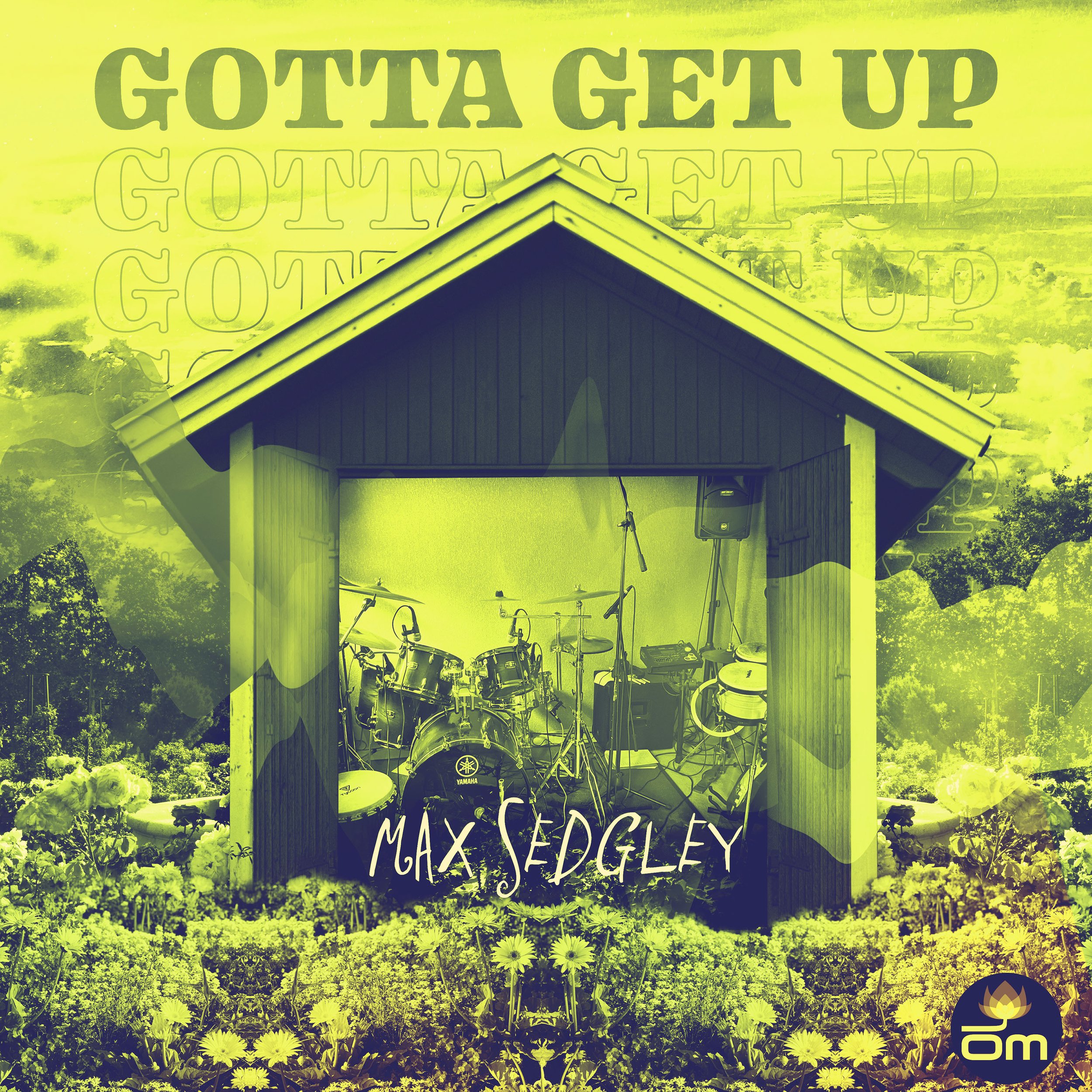MAX SEDGLEY
Max talks about the process of making his new album.
'When I moved to my new house in Walthamstow, East London a few years ago, I found I had a tool shed in my back garden, just sitting there empty. 'That'll be my man cave' I thought, and after a bit of negotiation and a lot of DIY, the studio was ready. I put carpet all round the walls to deaden any sound and found I had enough space for my 2 drum kits, my keyboards, a lot of percussion, all my studio gear and me, comfortably. Obviously surround sound was also installed for that man-cave touch. I also had to store a LOT of other stuff from the house, as per negotiations, but that was OK, it was my space!
In order to justify my studio's existence though, and my new life in it, I knew I had to write an album dedicated to the shed that brought it to life.
I didn't know where to start writing so I got on with trying to make my drums sound as fat as possible in their new space. I'd cobbled together enough cheap mics for the kit and played around with loads of different set-ups. This meant that I was recording a lot of drum tracks and listening back to get the best results for the room - eventually I had a pretty good sound and I had plenty of solid beats and grooves to start building new ideas for tracks on.
I'm no bass player so I knew there was going to be a lot of synth bass lines coming. Add to that my love of the playing around with the rhodes / clavinet combo and it would be no surprise what genre of music started pouring out of the shed.
So It became clear pretty early on that with those sounds and the kind of drum grooves I had recorded, I was coming up with songs that were very reminiscent of the style of Chaka Khan from about '79 to '82. I knew Chaka wouldn't necessarily be available for a few shed sessions round mine, but I also knew my old friend Tasita, who I'd worked with many times before, had a really similar voice and style and so I was thinking of her from an early stage.
There followed many months of writing and a lot of inspirational 'shed sessions' - basically all my friends coming round to hang out in the shed - some of whom found it very hard to leave. There were lots of 'creative writing sessions' where I'd try out ideas and gauge the responses, not to mention a lot of late nights but by February of 2020 I had maybe 6 or 7 tracks I thought were strong and a lot of other 'nearly' ideas.
It was time to give Tasita a call...
We arranged a two-day session as T had moved a few hours away from London but I wasn't worried about time pressure as I knew how easy it was working with T and how quickly she nailed ideas and brought her own style to any recordings. Sure enough, that was the case, we had a blast and had seven tracks done, complete with all BVs after just two days' work. Foolishly, I thought I'd only need one more day recording with Tasita to finish the album, and I was right, but I hadn't allowed for the global pandemic that was about to strike. A week after our first recording session the whole country was put into lockdown.
It would be another 18 months before I'd get to have that last day recording with T, thanks to covid-19.
The less said about that 18 months the better. So much of the joy and inspiration in music comes from other people sharing and communicating that it was really difficult to go for that long without a proper 'shed session'. And that's just from the perspective
of writing the type of music I do. But eventually it was over and Tasita came back for her final day's work on the album, finishing all the songs I'd waited so long to hear.
It's hard to say what effect that 18 months had on the album, a lot of things were changed, re-written, probably played around with too much. But then new tracks came about that probably wouldn't have done, so rough with the smooth I guess. I think lyrically it developed more than it maybe would have done and there was a lot more social commentary going on, with more thoughts about mental health issues, loneliness, social injustice - I suppose generally all a bit darker - but at the end of it I felt like I'd explored things a bit more deeply than I would have done and I still had an uplifting, positive feeling listening to it all, so I'm grateful for that.
I always thought funk and soul music was a product of its time in the 60s,70s and early 80s - a time of great social upheaval and change, a time for protest and a need for positivity to lift humanity out of the darkness. It seems those times are here again so I'm hoping
my nod to the music I grew up loving won't seem entirely out of place right now. And a bit of 'shedonism' is definitely no bad thing.
Photos: Andy Hetherington
